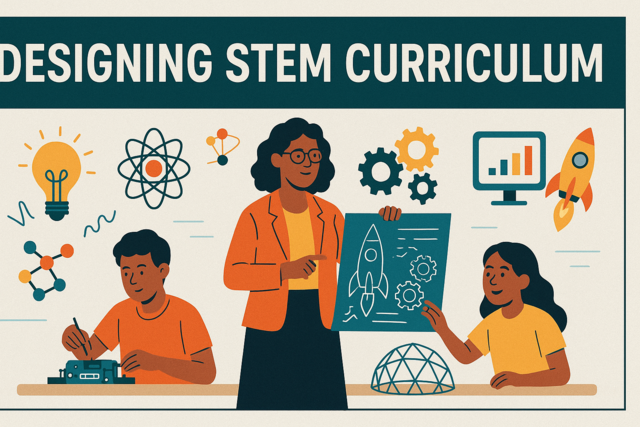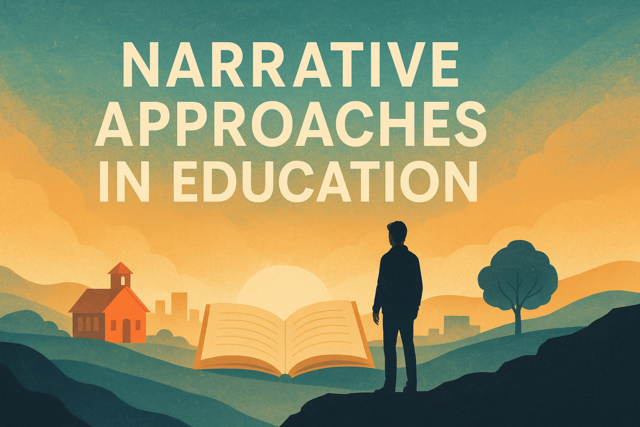Online Class: Developing Emotional Intelligence in Educators

-
15Lessons
-
22Exams &
Assignments -
4Hours
average time -
0.4CEUs
Course Description
Imagine a classroom where the air is filled with enthusiasm, understanding, and a genuine eagerness to learn. Envision a space where every student feels seen, valued, and inspired to engage actively. This classroom doesn't just exist in a dream—it can be your reality—and it begins with you. Welcome to "Developing Emotional Intelligence in Educators," an extraordinary online course designed to transform the way you teach, connect, and thrive.
In the rapidly evolving landscape of modern education, knowledge alone is no longer enough. The key to a thriving classroom lies in emotional intelligence (EI)—the subtle but powerful force that turns educators into empathetic leaders and classrooms into lively, harmonious communities. With this course, you're not just enhancing your teaching skills; you're embarking on a journey of profound personal and professional growth.
This course takes you on a transformative voyage, where you will explore the depths of emotional triggers and harness the power of self-awareness. Step by step, you'll learn through self-reflection and mindfulness to turn emotional hurdles into stepping stones for better classroom management and personal well-being. Let the insights you gain here guide you through the nuances of everyday interactions, allowing you to foster an environment filled with mutual respect and connection.
Discover what it feels like to motivate from within, as you uncover the core of intrinsic motivation and the role it plays in your professional growth and emotional resilience. This isn't just about teaching—it's about finding joy and fulfillment in the process. Imagine radiating this energy to your students, empowering them to not only excel academically but to embrace challenges with vigor and resilience.
Empathy, another cornerstone in effective teaching, will transform how you engage with every student. You'll learn how to communicate not just with words but with understanding, listening deeply to the unspoken cues and body language that tell a student's true story. By mastering this silent language, you'll weave trust and openness into the fabric of your classroom dynamic, creating a space where education feels personal and meaningful.
But what sets this course apart from others? Here, we delve into the subtleties of verbal and non-verbal communication, unraveling the silent language that educators must master to build profound connections. More than just theoretical knowledge, you'll leave equipped with practical skills that turn your classroom into a laboratory of emotional intelligence, nurturing well-rounded students who are ready to succeed in an ever-changing world.
Picture yourself as a catalyst for future leaders, where every lesson you deliver is imbued with mindfulness and compassion. You'll learn strategies to integrate mindfulness into educational practices, creating environments that advance not just academic success but mental well-being.
Navigating classroom challenges is no longer about discipline but about cultivating emotional intelligence to manage difficulties with empathy and self-regulation, transforming potential disruptions into opportunities for growth. By understanding the emotional dynamics at play, you can steer relationships positively, creating a supportive and enriching atmosphere that extends beyond the classroom walls.
The reward doesn't stop with you. By enrolling, you will forge networks of emotional support, sharing experiences and insights with fellow educators who are equally committed to building resilience and understanding. Together, you will explore the profound impact that a holistic approach to education can have, nurturing diverse learning environments equipped to handle the intricacies of a globalized world.
Make no mistake—this isn't just a course; it's a movement towards reshaping the essence of teaching. Through Social-Emotional Learning (SEL), this course becomes a launchpad for merging emotional intelligence with academic success. You'll equip students with the tools to manage emotions, build relationships, and engage deeply with their community—a legacy of learning that impacts generations to come.
Step into a world where teaching is not just an occupation but a passion-driven journey toward enlightenment and impact. The time is now to embrace the future of education—and it starts with "Developing Emotional Intelligence in Educators." Are you ready to transform classrooms and inspire lives? Enroll today and be the change you wish to see in education.
- Business
- Business Ethics Courses
- Harassment Prevention Courses
- Human Resources Certifications
- Management
- Aromatherapy Courses
- Caregiver Courses
- Career Development Courses
- Communications Courses
- Confidence and Self Esteem Courses
- Healing
- Human Anatomy Courses
- Medical Skills
- Health & Medicine
- Nutrition
- Marketing
- Microsoft Office Certification Courses
- Life Coaching Courses
- Self-Improvement
- Small Business Certifications
- Safety
- Writing Improvement
- Business Writing Courses
Course Lessons
Lesson 1. Emotional Intelligence: The Key to a Thriving Classroom
 Review Practice Worksheet: Lesson-1-WordSearch-14036.pdf
Review Practice Worksheet: Lesson-1-WordSearch-14036.pdf Lesson discussions: Reasons for Taking this Course
Lesson discussions: Reasons for Taking this Course Assessment: Lesson 1 Review Exam
Assessment: Lesson 1 Review Exam
Lesson 2. Emotional Triggers in Classrooms: Recognize and Respond
 Review Practice Worksheet: Lesson-2-Downloadable-14040.pdf
Review Practice Worksheet: Lesson-2-Downloadable-14040.pdf Complete: Lesson 2 Activity
Complete: Lesson 2 Activity Assessment: Lesson 2 Review Exam
Assessment: Lesson 2 Review Exam
Lesson 3. Emotional Intelligence: Transforming Classroom Dynamics
 Review Practice Worksheet: Lesson-3-Downloadable-14043.pdf
Review Practice Worksheet: Lesson-3-Downloadable-14043.pdf Complete: Lesson 3 Activity
Complete: Lesson 3 Activity Assessment: Lesson 3 Review Exam
Assessment: Lesson 3 Review Exam
Lesson 4. Exploring Motivation: Educators' Journey to Professional Growth and Emotional Resilience
 Review Practice Worksheet: Lesson-4-Activity-14047.pdf
Review Practice Worksheet: Lesson-4-Activity-14047.pdf Complete: Lesson 4 Activity
Complete: Lesson 4 Activity Assessment: Lesson 4 Review Exam
Assessment: Lesson 4 Review Exam
Lesson 5. Empathy: A Cornerstone of Effective Teaching
 Review Practice Worksheet: Lesson-5-Activity-14051.pdf
Review Practice Worksheet: Lesson-5-Activity-14051.pdf Complete: Lesson 5 Activity
Complete: Lesson 5 Activity Assessment: Lesson 5 Review Exam
Assessment: Lesson 5 Review Exam
Lesson 6. Decoding the Silent Language of Educators: Mastering Verbal and Non-Verbal Communication
 Review Practice Worksheet: Lesson-6-Activity-14054.pdf
Review Practice Worksheet: Lesson-6-Activity-14054.pdf Assessment: Lesson 6 Review Exam
Assessment: Lesson 6 Review Exam
Lesson 7. Empowering Future Leaders Through Mindful Education
 Review Practice Worksheet: Lesson-7-Activity-14058.pdf
Review Practice Worksheet: Lesson-7-Activity-14058.pdf Complete: Lesson 7 Activity
Complete: Lesson 7 Activity Assessment: Lesson 7 Review Exam
Assessment: Lesson 7 Review Exam
Lesson 8. Cultivating a Nurturing Educational Environment through Emotional Intelligence
 Review Practice Worksheet: Lesson-8-WordSearch-14062.pdf
Review Practice Worksheet: Lesson-8-WordSearch-14062.pdf Complete: Lesson 8 Activity
Complete: Lesson 8 Activity Assessment: Lesson 8 Review Exam
Assessment: Lesson 8 Review Exam
Lesson 9. Navigating Emotional Dynamics in the Classroom
 Review Practice Worksheet: Lesson-9-HomeWork-14066.pdf
Review Practice Worksheet: Lesson-9-HomeWork-14066.pdf Assessment: Lesson 9 Review Exam
Assessment: Lesson 9 Review Exam
Lesson 10. Emotional Intelligence: Transformative Classroom Dynamics
 Review Practice Worksheet: Lesson-10-Activity-14070.pdf
Review Practice Worksheet: Lesson-10-Activity-14070.pdf Assessment: Lesson 10 Review Exam
Assessment: Lesson 10 Review Exam
Lesson 11. Building Resilient Educators through Emotional Support Networks
 Review Practice Worksheet: Lesson-11-HomeWork-14073.pdf
Review Practice Worksheet: Lesson-11-HomeWork-14073.pdf Assessment: Lesson 11 Review Exam
Assessment: Lesson 11 Review Exam
Lesson 12. Embracing Diversity: Building Inclusive Classrooms for a Globalized World
 Review Practice Worksheet: Lesson-12-Downloadable-14077.pdf
Review Practice Worksheet: Lesson-12-Downloadable-14077.pdf Assessment: Lesson 12 Review Exam
Assessment: Lesson 12 Review Exam
Lesson 13. EI in the Classroom
 Review Practice Worksheet: Lesson-13-WorkSheet-14080.pdf
Review Practice Worksheet: Lesson-13-WorkSheet-14080.pdf Assessment: Lesson 13 Review Exam
Assessment: Lesson 13 Review Exam
Lesson 14. Nurturing Student Emotions
 Review Practice Worksheet: Lesson-14-WorkSheet-14085.pdf
Review Practice Worksheet: Lesson-14-WorkSheet-14085.pdf Assessment: Lesson 14 Review Exam
Assessment: Lesson 14 Review Exam
Lesson 15. Emotional Intelligence in Education: A Catalyst for Holistic Development
 Review Practice Worksheet: Lesson-15-HomeWork-14088.pdf
Review Practice Worksheet: Lesson-15-HomeWork-14088.pdf Lesson discussions: End of Course Poll; Course Comments
Lesson discussions: End of Course Poll; Course Comments Complete: Lesson 15 Activity
Complete: Lesson 15 Activity Assessment: Lesson 15 Review Exam
Assessment: Lesson 15 Review Exam
Learning Outcomes
- Demonstrate techniques to enhance self-awareness and self-regulation among educators by applying mindfulness practices and reflective strategies.
- Define the concept of emotional intelligence (EI) and its importance in educational settings by identifying its core competencies and their applications in classroom management.
- Demonstrate the ability to employ calming strategies, such as deep breathing and reflective pauses, when faced with emotionally charged situations, maintaining a constructive classroom atmosphere.
- Recognize and articulate personal emotional triggers in response to common classroom scenarios, such as student disengagement or disruptive behavior, to enhance self-awareness and emotional management.
- Demonstrate strategies to enhance emotional resilience and agility, fostering a supportive and nurturing learning environment while modeling emotional regulation for students.
- Recognize and identify personal emotional triggers in classroom settings, allowing for constructive management and improved professional relationships.
- Analyze the impact of emotional intelligence on managing personal motivations and creating a supportive learning environment for students.
- Demonstrate an understanding of intrinsic and extrinsic motivation by identifying their effects on educator practices and student engagement.
- Demonstrate active listening skills by comprehending and reflecting student emotions to enhance classroom interactions and emotional intelligence.
- Define empathy as the ability to perceive, comprehend, and share emotions to foster a supportive learning environment.
- Define verbal communication strategies that enhance educators' emotional intelligence and improve student engagement by assessing language precision, tone, and cultural sensitivity.
- Demonstrate the ability to interpret and respond to students' non-verbal cues effectively, adapting teaching methods to improve classroom dynamics and student support.
- Describe the impact of mindfulness on students' emotional regulation and resilience by analyzing a case study or research data within an educational context.
- Demonstrate mastery of lesson content at levels of 70% or higher.
Additional Course Information

- Document Your Lifelong Learning Achievements
- Earn an Official Certificate Documenting Course Hours and CEUs
- Verify Your Certificate with a Unique Serial Number Online
- View and Share Your Certificate Online or Download/Print as PDF
- Display Your Certificate on Your Resume and Promote Your Achievements Using Social Media

Related Courses
-
 6 hours
0.6 CEUs
Spirit World: Communicating Beyond the Veil
+ More Info
6 hours
0.6 CEUs
Spirit World: Communicating Beyond the Veil
+ More Info
-
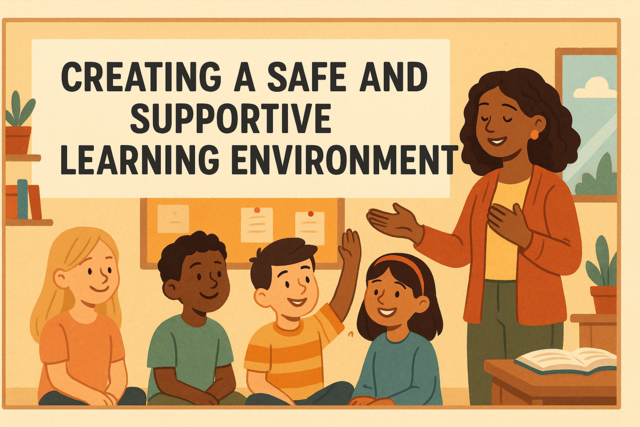 5 hours
0.5 CEUs
Creating a Safe and Supportive Learning Environment
+ More Info
5 hours
0.5 CEUs
Creating a Safe and Supportive Learning Environment
+ More Info
-
 4 hours
0.4 CEUs
Career Development and Planning
+ More Info
4 hours
0.4 CEUs
Career Development and Planning
+ More Info
-
 7 hours
0.7 CEUs
Vintage Visions: Integrating Past Styles in Modern Luxury
+ More Info
7 hours
0.7 CEUs
Vintage Visions: Integrating Past Styles in Modern Luxury
+ More Info
-
 6 hours
0.6 CEUs
Mysterious Forces in the Cosmos
+ More Info
6 hours
0.6 CEUs
Mysterious Forces in the Cosmos
+ More Info
-
 4 hours
0.4 CEUs
Home Organization and Decluttering Techniques
+ More Info
4 hours
0.4 CEUs
Home Organization and Decluttering Techniques
+ More Info
-
 5 hours
0.5 CEUs
Footprint of Fashion: Trends Shaping Modern Luxury Brands
+ More Info
5 hours
0.5 CEUs
Footprint of Fashion: Trends Shaping Modern Luxury Brands
+ More Info
-
 7 hours
0.7 CEUs
Research Frontiers: Contemporary Studies in Trauma and Recovery
+ More Info
7 hours
0.7 CEUs
Research Frontiers: Contemporary Studies in Trauma and Recovery
+ More Info
-
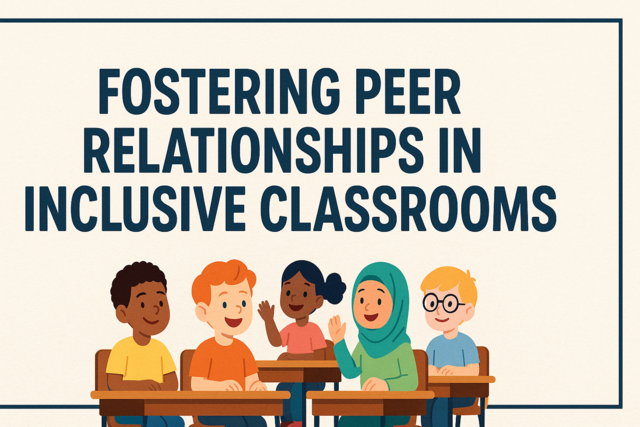 7 hours
0.7 CEUs
Fostering Peer Relationships in Inclusive Classrooms
+ More Info
7 hours
0.7 CEUs
Fostering Peer Relationships in Inclusive Classrooms
+ More Info
-
 6 hours
0.6 CEUs
Conflict Resolution and Negotiation
+ More Info
6 hours
0.6 CEUs
Conflict Resolution and Negotiation
+ More Info
-
 6 hours
0.6 CEUs
Flawless Finish: Understanding Details in Luxury Fashion
+ More Info
6 hours
0.6 CEUs
Flawless Finish: Understanding Details in Luxury Fashion
+ More Info
-
 5 hours
0.5 CEUs
Mindful Mornings for Relationship Resilience
+ More Info
5 hours
0.5 CEUs
Mindful Mornings for Relationship Resilience
+ More Info
-
 7 hours
0.7 CEUs
The Science of Miracles: When Logic Defies Understanding
+ More Info
7 hours
0.7 CEUs
The Science of Miracles: When Logic Defies Understanding
+ More Info
-
 7 hours
0.7 CEUs
Parenting Partnerships: Collaborative Family Leadership
+ More Info
7 hours
0.7 CEUs
Parenting Partnerships: Collaborative Family Leadership
+ More Info
-
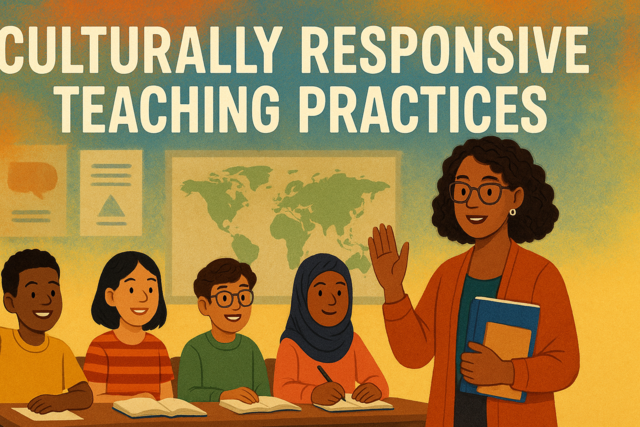 5 hours
0.5 CEUs
Culturally Responsive Teaching Practices
+ More Info
5 hours
0.5 CEUs
Culturally Responsive Teaching Practices
+ More Info
-
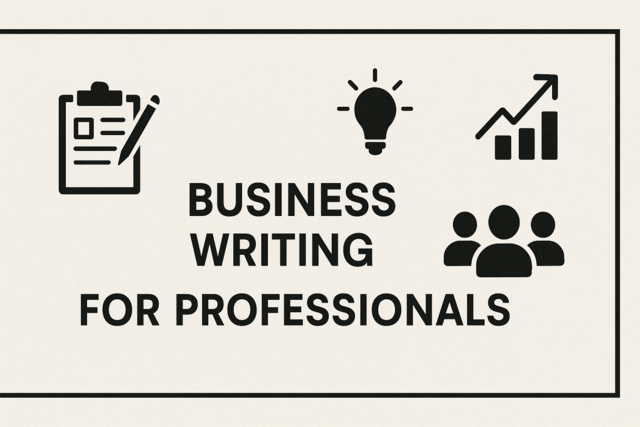 4 hours
0.4 CEUs
Business Writing for Professionals
+ More Info
4 hours
0.4 CEUs
Business Writing for Professionals
+ More Info
-
 3 hours
0.3 CEUs
Innovative Solutions for Business Growth
+ More Info
3 hours
0.3 CEUs
Innovative Solutions for Business Growth
+ More Info
-
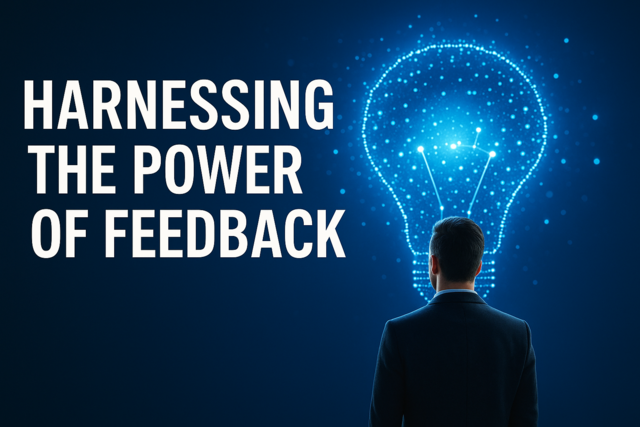 5 hours
0.5 CEUs
Harnessing the Power of Feedback
+ More Info
5 hours
0.5 CEUs
Harnessing the Power of Feedback
+ More Info
-
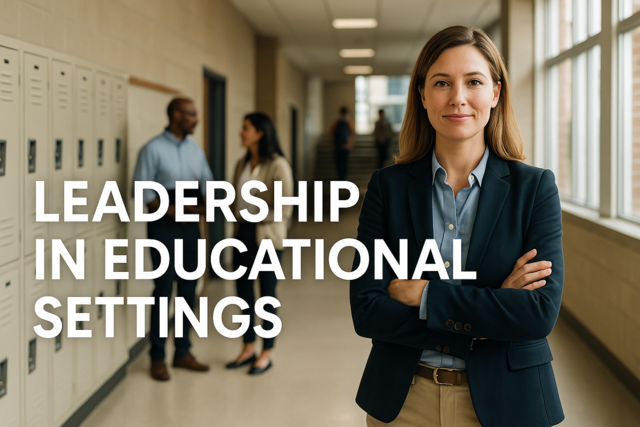 7 hours
0.7 CEUs
Leadership in Educational Settings
+ More Info
7 hours
0.7 CEUs
Leadership in Educational Settings
+ More Info
-
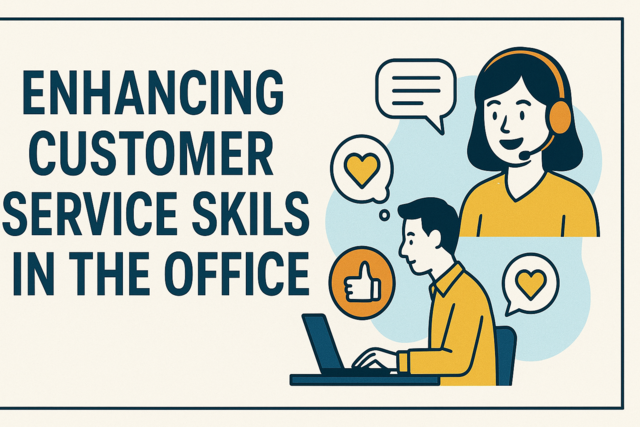 6 hours
0.6 CEUs
Enhancing Customer Service Skills in the Office
+ More Info
6 hours
0.6 CEUs
Enhancing Customer Service Skills in the Office
+ More Info
-
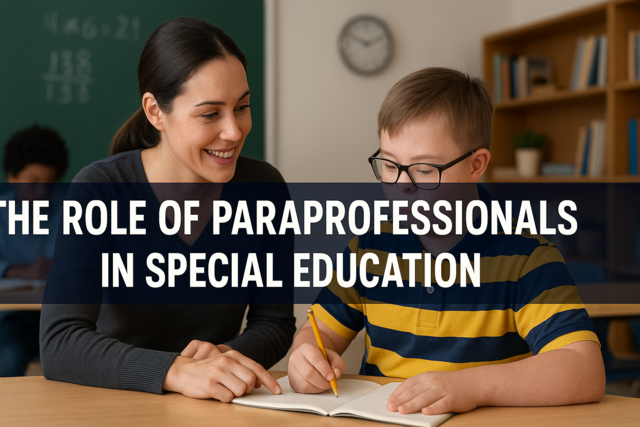 3 hours
0.3 CEUs
The Role of Paraprofessionals in Special Education
+ More Info
3 hours
0.3 CEUs
The Role of Paraprofessionals in Special Education
+ More Info
-
 6 hours
0.6 CEUs
Introduction to Graphic Design Tools
+ More Info
6 hours
0.6 CEUs
Introduction to Graphic Design Tools
+ More Info
-
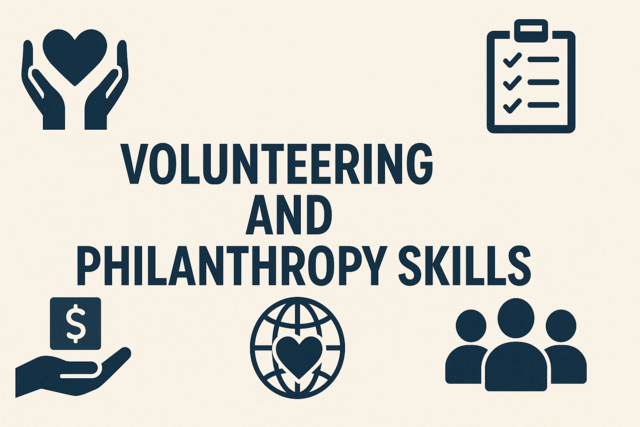 7 hours
0.7 CEUs
Volunteering and Philanthropy Skills
+ More Info
7 hours
0.7 CEUs
Volunteering and Philanthropy Skills
+ More Info
-
 5 hours
0.5 CEUs
Conflict Resolution: Turning Turmoil into Triumph
+ More Info
5 hours
0.5 CEUs
Conflict Resolution: Turning Turmoil into Triumph
+ More Info
-
 5 hours
0.5 CEUs
Fostering a Positive Attitude
+ More Info
5 hours
0.5 CEUs
Fostering a Positive Attitude
+ More Info
-
 6 hours
0.6 CEUs
Timeless Aesthetics: Navigating Luxury Brand Evolution
+ More Info
6 hours
0.6 CEUs
Timeless Aesthetics: Navigating Luxury Brand Evolution
+ More Info
-
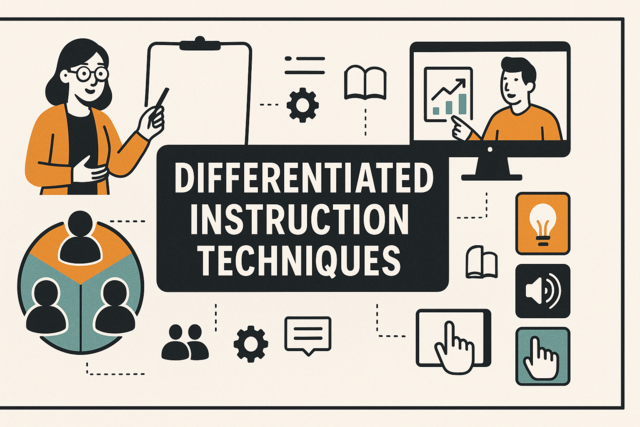 6 hours
0.6 CEUs
Differentiated Instruction Techniques
+ More Info
6 hours
0.6 CEUs
Differentiated Instruction Techniques
+ More Info
-
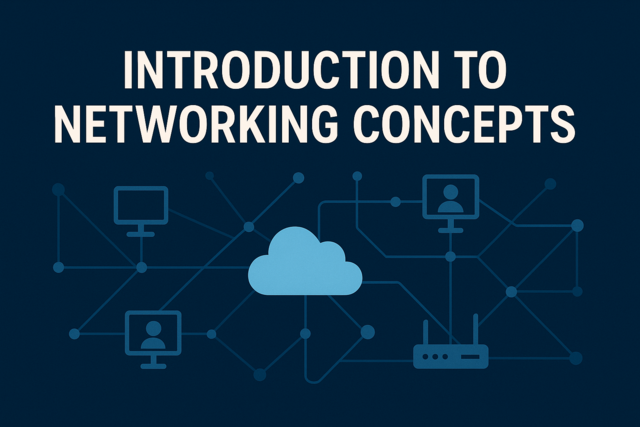 3 hours
0.3 CEUs
Introduction to Networking Concepts
+ More Info
3 hours
0.3 CEUs
Introduction to Networking Concepts
+ More Info
-
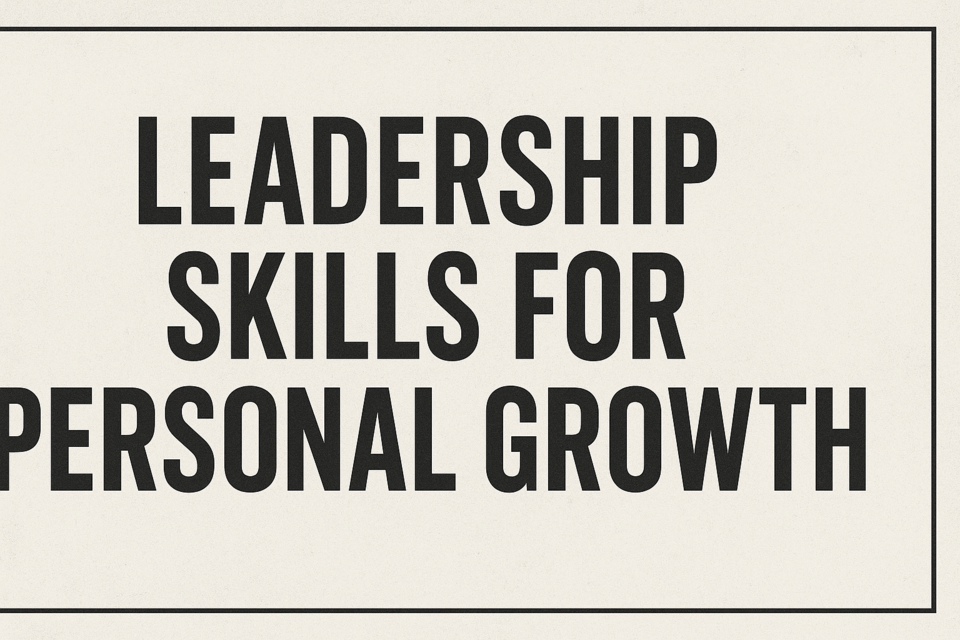 4 hours
0.4 CEUs
Leadership Skills for Personal Growth
+ More Info
4 hours
0.4 CEUs
Leadership Skills for Personal Growth
+ More Info
-
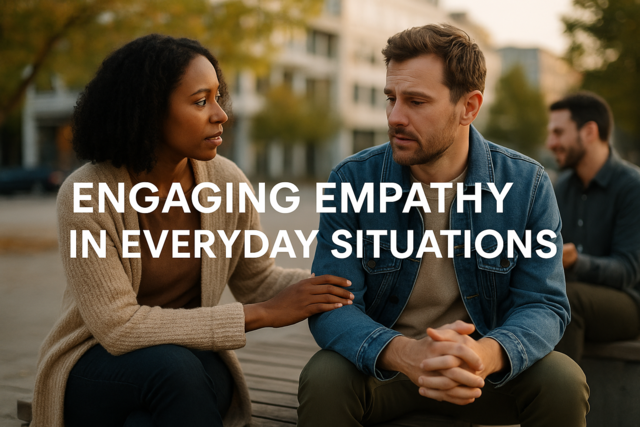 7 hours
0.7 CEUs
Engaging Empathy in Everyday Situations
+ More Info
7 hours
0.7 CEUs
Engaging Empathy in Everyday Situations
+ More Info
-
 4 hours
0.4 CEUs
Assertiveness Training for Professionals
+ More Info
4 hours
0.4 CEUs
Assertiveness Training for Professionals
+ More Info
-
 5 hours
0.5 CEUs
Intuitive Arts: Beyond the Five Senses
+ More Info
5 hours
0.5 CEUs
Intuitive Arts: Beyond the Five Senses
+ More Info
-
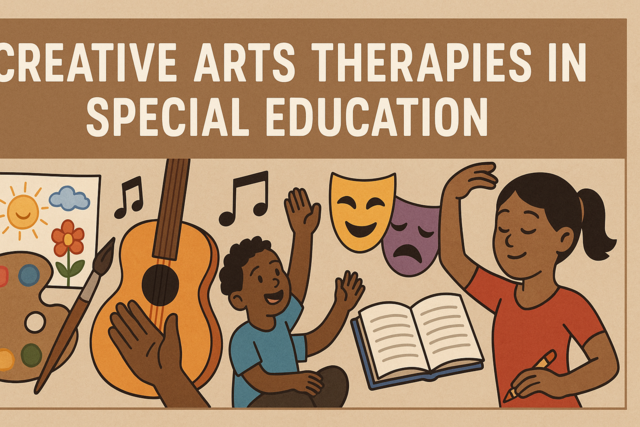 3 hours
0.3 CEUs
Creative Arts Therapies in Special Education
+ More Info
3 hours
0.3 CEUs
Creative Arts Therapies in Special Education
+ More Info
-
 3 hours
0.3 CEUs
Effective Teaching Strategies for Diverse Classrooms
+ More Info
3 hours
0.3 CEUs
Effective Teaching Strategies for Diverse Classrooms
+ More Info
-
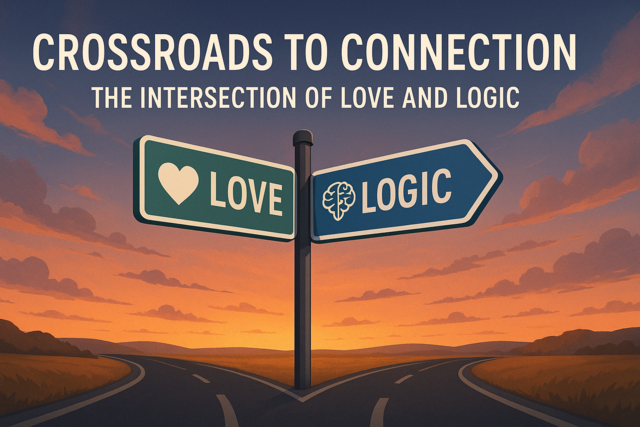 4 hours
0.4 CEUs
Crossroads to Connection: The Intersection of Love and Logic
+ More Info
4 hours
0.4 CEUs
Crossroads to Connection: The Intersection of Love and Logic
+ More Info
-
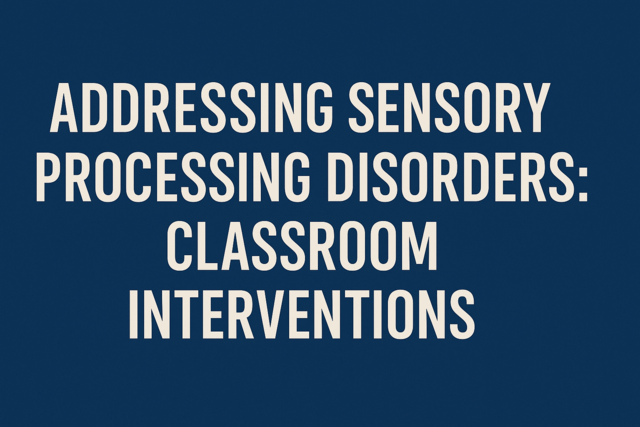 4 hours
0.4 CEUs
Addressing Sensory Processing Disorders: Classroom Interventions
+ More Info
4 hours
0.4 CEUs
Addressing Sensory Processing Disorders: Classroom Interventions
+ More Info
-
 7 hours
0.7 CEUs
Adapting to Change in a Fast-Paced World
+ More Info
7 hours
0.7 CEUs
Adapting to Change in a Fast-Paced World
+ More Info
-
 4 hours
0.4 CEUs
Narratives of Love: Crafting Your Relationship Story
+ More Info
4 hours
0.4 CEUs
Narratives of Love: Crafting Your Relationship Story
+ More Info
-
 4 hours
0.4 CEUs
The Love Language Challenge: Transform Your Relationship
+ More Info
4 hours
0.4 CEUs
The Love Language Challenge: Transform Your Relationship
+ More Info
-
 7 hours
0.7 CEUs
Enhancing Empathy and Compassion
+ More Info
7 hours
0.7 CEUs
Enhancing Empathy and Compassion
+ More Info


